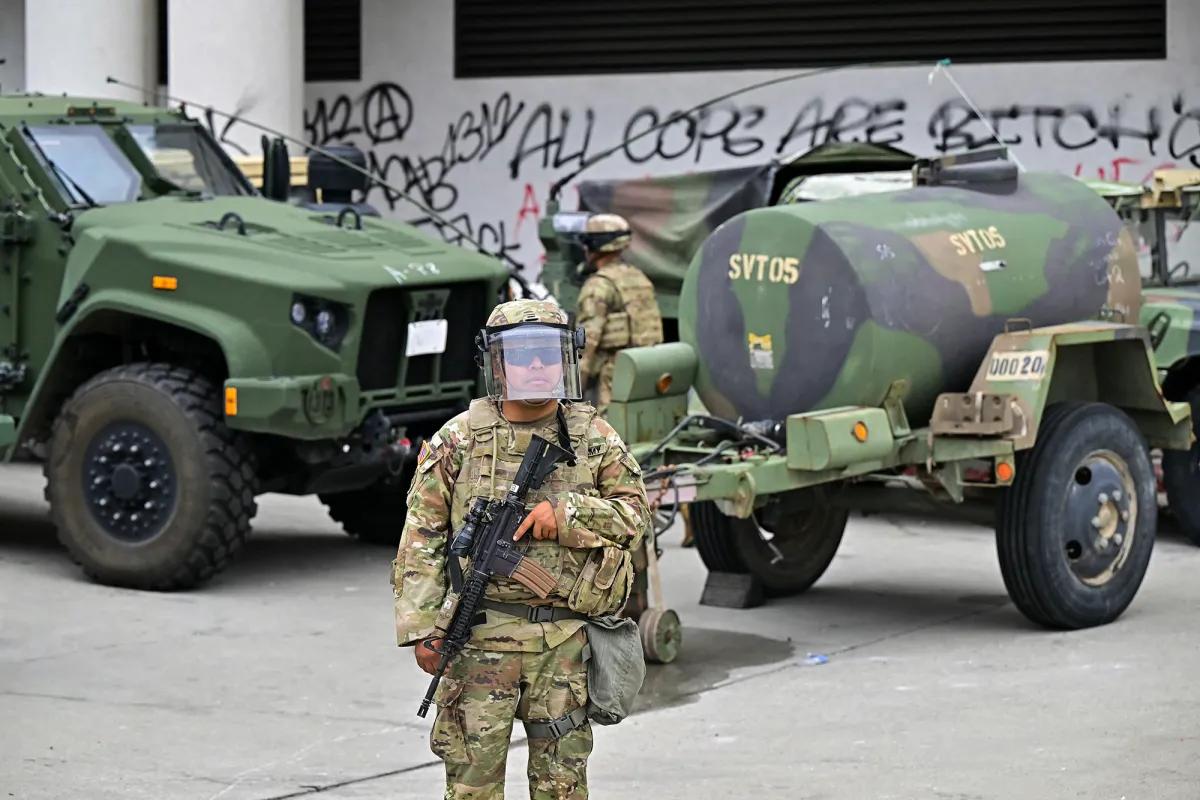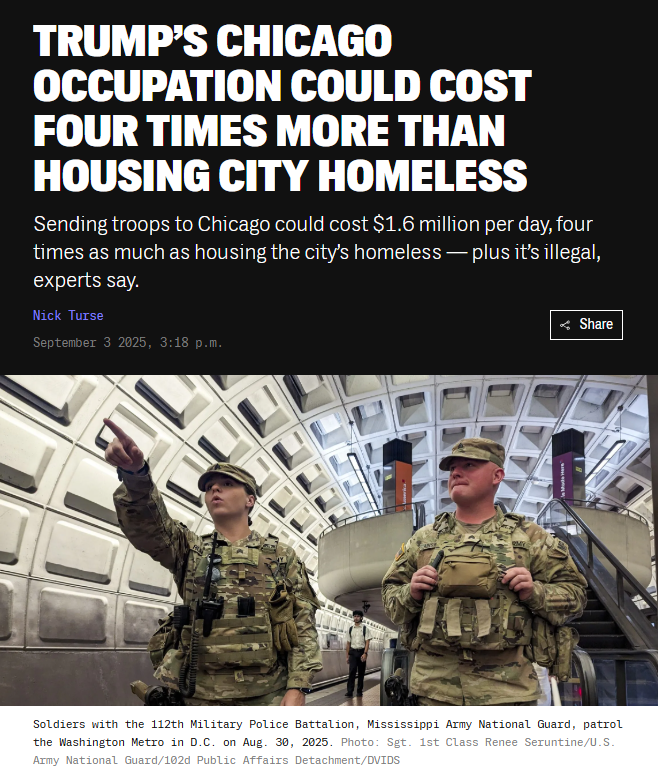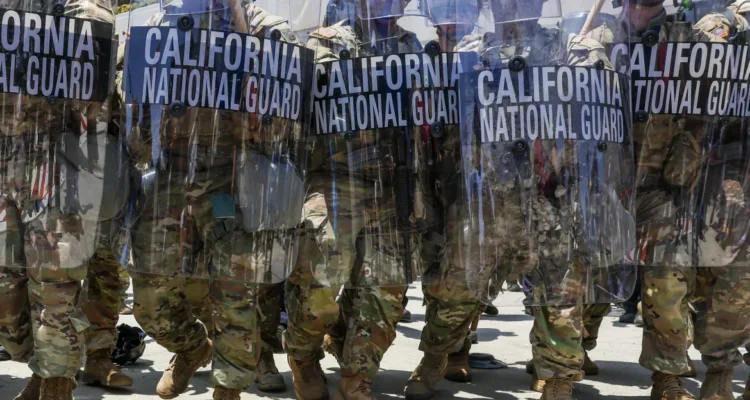Former President Donald Trump’s decision to deploy National Guard units to U.S. cities, including Los Angeles, New York, and Portland, came at a staggering cost to taxpayers, newly released records reveal.
The mobilizations, ordered during periods of domestic unrest, ultimately drained hundreds of millions of dollars from federal and state budgets. According to Defense Department figures, just the Los Angeles deployment alone cost upwards of $90 million, covering troop transportation, housing, meals, equipment, and hazard pay. Nationally, the combined bill for multiple deployments across major cities topped $600 million—an amount critics argue could have been used for community safety programs or COVID-19 recovery efforts.

Analysts say Trump’s use of the Guard blurred the line between federal law enforcement and military action. Legal scholars have already raised alarms that the deployments may have violated the 140-year-old Posse Comitatus Act, which restricts the use of federal troops for domestic policing. While federal courts continue to evaluate those claims, the financial impact is beyond dispute.
Local officials in Los Angeles complained at the time that their city was left to pick up part of the cost. “We were handed a bill for an action we never requested,” one city council member said. “The president wanted troops in the streets, and our residents are paying for it twice—once in tax dollars and again in lost trust.”
Supporters of the deployments argued they were necessary to restore order during protests, but watchdog groups say Trump used the Guard as a political tool, forcing Americans to pay for what amounted to campaign optics.

With audits now complete, the Congressional Budget Office has estimated that the deployments added nearly $1 billion in combined state and federal expenses, including long-term disability payments for Guard members injured while on duty. Lawmakers are expected to revisit the issue this fall, with some calling for reimbursement to states and tighter restrictions on future presidents’ use of the National Guard in domestic crises.

